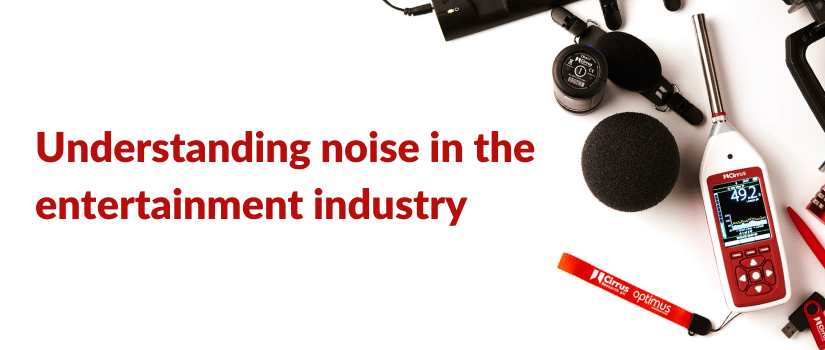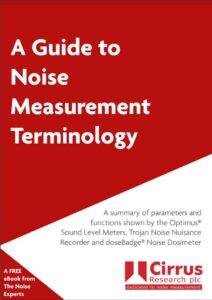Understanding noise in the entertainment industry
Many events include noisy activities. This exciting and dynamic sector attracts some of the noisiest activities you could think of, from roaring crowds to loud instruments and booming singing. Whether you’re a musician, event organiser, sound engineer, or lighting designer, working in this industry can be both fulfilling and challenging.
It’s essential, as in any industry, to take care of your health and safety, especially when it comes to noise.
The Control of Noise at Work Regulations 2005
The UK’s Control of Noise at Work Regulations applies to the music and entertainment industry, which means that everyone involved has a responsibility to manage noise exposure. The regulations apply to all workplaces where live or recorded music is played in public places such as restaurants, bars, pubs, discotheques, or nightclubs.
Compliance with the regulations is crucial for the well-being of workers and visitors alike. Indoor entertainment noise can have a significant impact on our hearing, stress levels and overall health.
Exposure to high levels of noise over an extended period can lead to permanent hearing damage, tinnitus, and other adverse effects.
You can read more about these regulations here.
The Environmental Protection Act 1990
The Environmental Protection Act does not specify decibel levels at which statutory nuisance occurs. Therefore, when noise measurements are taken at events to determine whether the noise is a nuisance, it will be the subjective assessment of an authorised Officer that will decide whether formal action is needed.
Event organisers must consider noise disturbance when they plan an event.
You can read more about these regulations here.
Global Standard for Safe Listening Venues and Events
The World Health Organisation (WHO), as part of their Make Listening Safe initiative, developed the Global standard for safe listening venues and events which provides a common understanding of safe listening in entertainment venues and events.
The Standard comprises six “features” which, when implemented, allow audience members around the world to enjoy amplified music with protection of their hearing while also preserving the integrity of the artistic experience.
The “features” of The Standard are as follows:
- Feature 1: Sound Level Limit below 100dB
- An upper limit of 100dB LAeq is imposed, keeping sound safe and enjoyable for the audience.
- Feature 2: Sound Level Monitoring
- Live monitoring of sound levels is performed by a designated staff member using calibrated equipment, Such as…
- Feature 3: Venue acoustics and sound systems
- Sound system and venue acoustics are optimized ensuring safe listening and improved sound quality.
- Feature 4: Personal Hearing Protection
- Hearing protection, such as earplugs, with appropriate instructions, are available to audience members.
- Feature 5: Quiet zones
- Designated quiet spaces are available, allowing audience members to rest their ears and thereby decrease the risk of hearing damage.
- Feature 6: Appropriate training and information
- Both audience members and staff are made aware of practical steps they can take to ensure safe listening.
The recommendations within the Global Standard for Safe Listening Venues and Events can be implemented by governments, owners/managers of venues and events, acousticians, engineers, musicians, event organisers and others of the same level.
You can read more about these regulations here.
Noise management in the music and entertainment industry requires a significant shift in both attitude and practice. It should become an integral part of the workplace culture in the music and entertainment industry. It’s not just about complying with regulations or avoiding legal consequences, it’s also about promoting a safe and healthy working environment.
Interested in learning how Cirrus Research can help you manage and monitor the noise at your event?
You can speak to our team by calling us on +44 1723 891655, or by emailing us at sales@cirrusresearch.com.
Jaymee-lee Tolliday
Latest posts by Jaymee-lee Tolliday (see all)
- Turning Down the Volume: How the Trojan Noise Nuisance Recorder can help create a quieter world - 13th February 2024
- Festive Opening Hours 2023 - 6th December 2023
- Award of Excellence for Cloud-Based Monitoring Solutions 2023! - 20th November 2023


